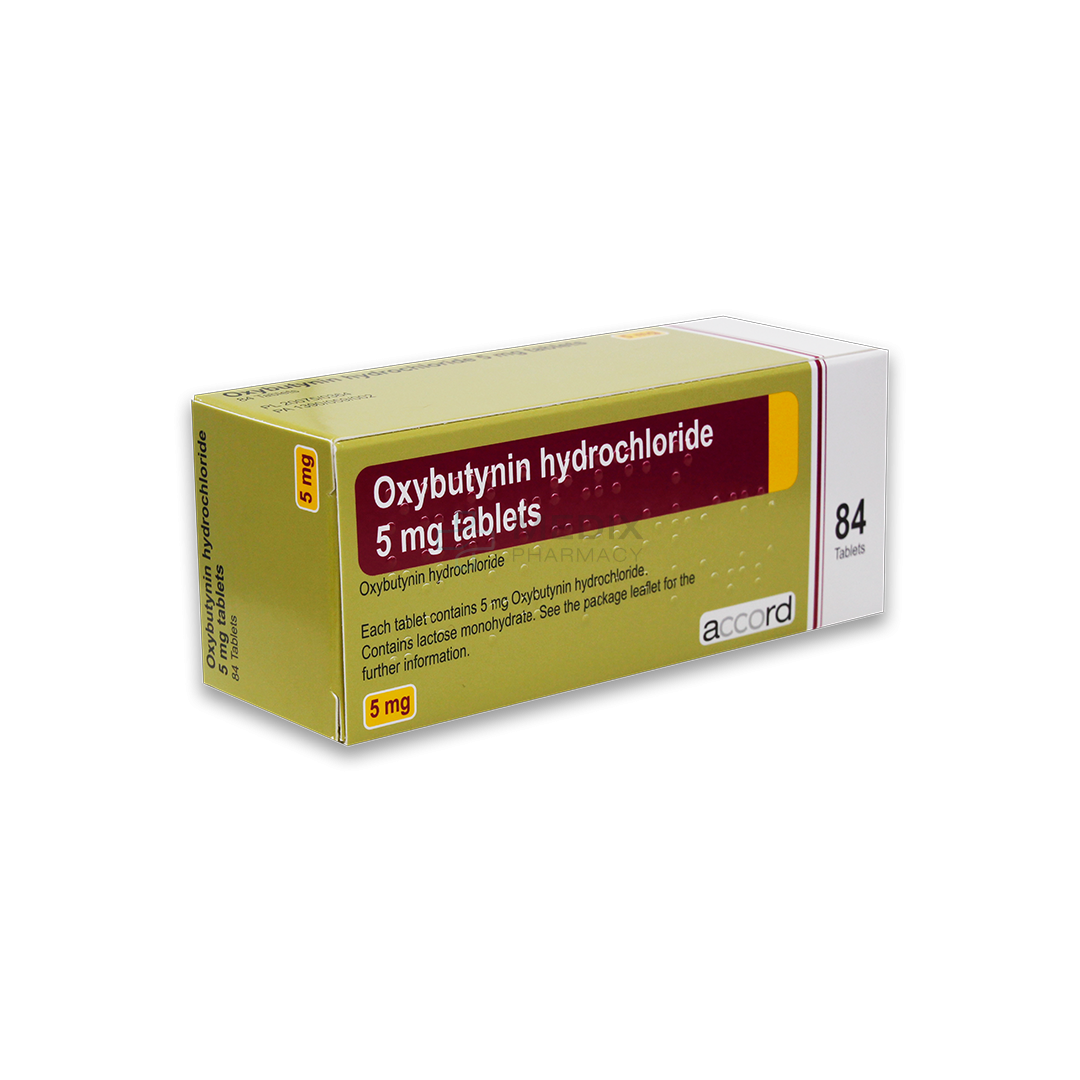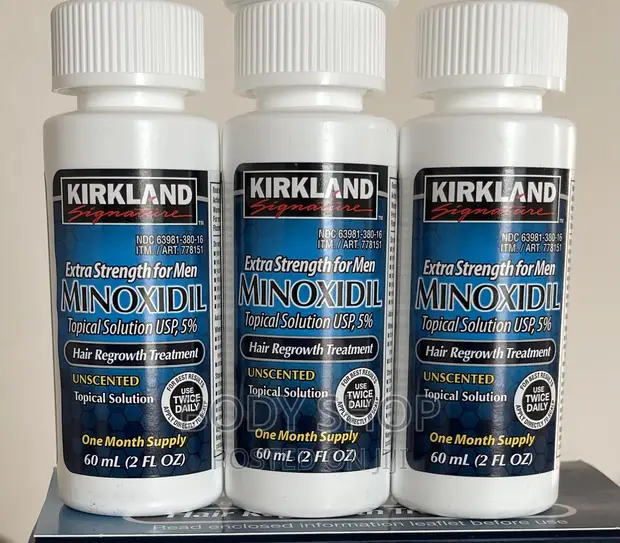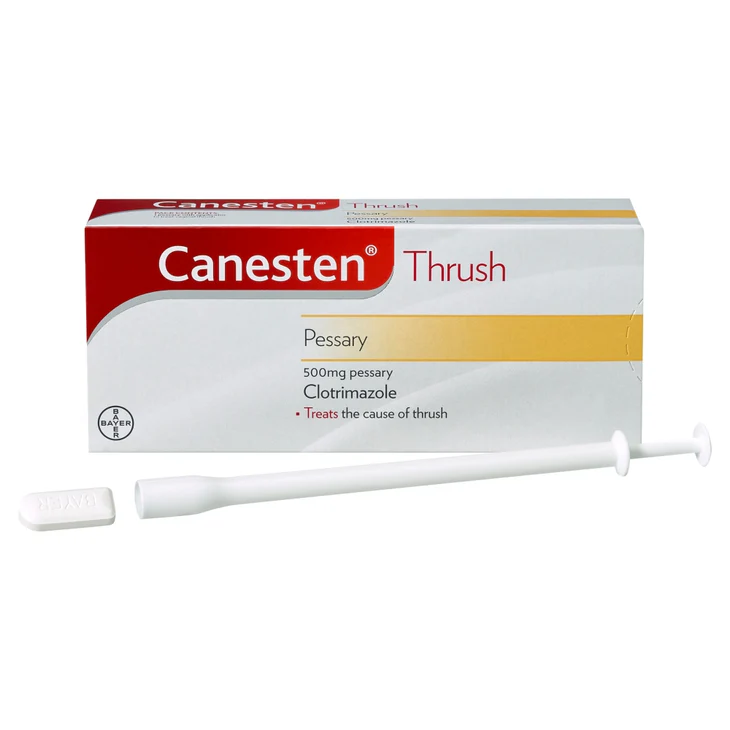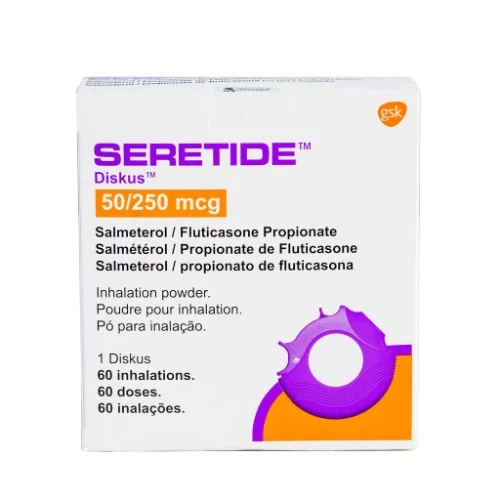Incontinence, Prescription Medication
Oxybutynin
-
 Get 10% discount on your next order. Order now to qualify.
Get 10% discount on your next order. Order now to qualify.
-
 Get 20% cashback on apple app store. Use code P056
Get 20% cashback on apple app store. Use code P056
DELIVERY & RETURNS
Free shipping offer on Pilldoctor and get exclusive offers.
Location
-

Door Delivery Fastest delivery to the door for only 2 days. Don't miss exclusive offer.
-

Pickup Station Fastest delivery to the door for only 2 days. Don't miss exclusive offer.
-

Return Policy Fastest delivery to the door for only 2 days. Don't miss exclusive offer.
Description
Oxybutynin reduces muscle spasms of the bladder and urinary tract.Oxybutynin is used to treat symptoms of overactive bladder, such as frequent or urgent urination, incontinence (urine leakage), and increased night-time urination.Oxybutynin may also be used for purposes not listed in this medication guide.
Important Information
You should not use oxybutynin if you have untreated or uncontrolled narrow-angle glaucoma, a blockage in your digestive tract (stomach or intestines), or if you are unable to urinate.
Before using oxybutynin, tell your doctor if you have glaucoma, liver or kidney disease, an enlarged prostate, myasthenia gravis, ulcerative colitis, a blockage in your stomach or intestines, or a stomach disorder such as gastroesophageal reflux disease (GERD) or slow digestion.
Avoid becoming overheated or dehydrated during exercise and in hot weather. Oxybutynin can decrease perspiration and you may be more prone to heat stroke.
This medication may cause blurred vision and may impair your thinking or reactions. Be careful if you drive or do anything that requires you to be alert and able to see clearly.
There are many other medicines that can interact with oxybutynin. Tell your doctor about all medications you use. This includes prescription, over-the-counter, vitamin, and herbal products. Do not start a new medication without telling your doctor. Keep a list of all your medicines and show it to any healthcare provider who treats you.
Stop using this medication and call your doctor if you have serious side effects such as hot and dry skin, extreme thirst, severe stomach pain or constipation, pain or burning when you urinate, or if you stop urinating.
Why it’s used
Oxybutynin is used to treat overactive bladder. Symptoms of this condition can include:
- urinating more often than usual
- feeling like you need to urinate more often
- urinary leakage
- painful urination
- being unable to hold your urine
The extended-release form of this drug is also used to treat children (ages 6 years and older) with overactive bladder caused by a neurological condition such as spina bifida.
How it works
Oxybutynin belongs to a class of drugs called anticholinergics/antimuscarinics. A class of drugs is a group of medications that work in a similar way. These drugs are often used to treat similar conditions.
Oxybutynin works by relaxing the muscles of your bladder. This decreases your sudden need to urinate, having to urinate often, and leaking in between bathroom visits.
Before taking this medicine
You should not use this medication if you are allergic to oxybutynin, or if you have:
- untreated or uncontrolled narrow-angle glaucoma;
- a blockage in your digestive tract (stomach or intestines); or
- if you are unable to urinate.
To make sure oxybutynin is safe for you, tell your doctor if you have:
- glaucoma;
- liver disease;
- kidney disease;
- an enlarged prostate;
- ulcerative colitis;
- Parkinson’s disease;
- a nerve disorder that affects your heart rate, blood pressure, or digestion;
- a muscle disorder such as myasthenia gravis; or
- a stomach disorder such as gastroesophageal reflux disease (GERD) or slow digestion.
Oxybutynin oral tablet may cause drowsiness as well as other side effects.
More common side effects
The more common side effects that can occur with oxybutynin include:
- being unable to urinate
- constipation
- dry mouth
- blurry vision
- dizziness
- drowsiness
- sweating less than usual (raises your risk of overheating, having a fever, or getting heat stroke if you’re in warm or hot temperatures)
- trouble sleeping
- headache
If these effects are mild, they may go away within a few days or a couple of weeks. If they’re more severe or don’t go away, talk to your doctor or pharmacist.
Serious side effects
Call your doctor right away if you have serious side effects. Call 911 if your symptoms feel life-threatening or if you think you’re having a medical emergency. Serious side effects and their symptoms can include the following:
- not being able to empty your bladder
- swelling around your eyes, lips, genitals, hands, or feet
Disclaimer: Our goal is to provide you with the most relevant and current information. However, because drugs affect each person differently, we cannot guarantee that this information includes all possible side effects. This information is not a substitute for medical advice. Always discuss possible side effects with a healthcare provider who knows your medical history.
Alcohol warning
You shouldn’t drink alcohol while taking oxybutynin. Alcohol raises your risk of serious side effects, such as drowsiness and dizziness. Alcohol can also worsen your overactive bladder symptoms.
Warnings for certain groups
For people with autonomic neuropathy: Oxybutynin can make your stomach problems worse. Use this drug with caution if you have this condition.
For people with bladder outlet obstruction: Oxybutynin may increase your risk of not being able to empty your bladder.
For people with stomach problems: Oxybutynin may cause more stomach problems if you have a history of ulcerative colitis, stomach pain, or reflux.
For people with myasthenia gravis: Oxybutynin may make your symptoms worse.
For people with dementia: If you’re treating your dementia with a drug called a cholinesterase inhibitor, oxybutynin may worsen your dementia symptoms. Your doctor can tell you more.
For pregnant women: Oxybutynin is a pregnancy category B drug. That means two things:
- Research in animals has not shown a risk to the fetus when the mother takes the drug.
- There aren’t enough studies done in humans to show if the drug poses a risk to the fetus.
Talk to your doctor if you’re pregnant or planning to become pregnant. Animal studies do not always predict the way humans would respond. Therefore, this drug should only be used during pregnancy if clearly needed.
For women who are breastfeeding: It isn’t known if oxybutynin passes into breast milk. If it does, it may cause side effects in a child who is breastfed. Talk to your doctor if you breastfeed your baby. You may need to decide whether to stop breastfeeding or stop taking this medication.
For children: The safety and effectiveness of oxybutynin in children younger than 6 years haven’t been established.
How to take oxybutynin
All possible dosages and forms may not be included here. Your dose, form, and how often you take it will depend on:
- your age
- the condition being treated
- how severe your condition is
- other medical conditions you have
- how you react to the first dose
Dosage for overactive bladder
IMMEDIATE-RELEASE ORAL TABLET
Adult dosage (ages 18–64 years)
- Typical starting dosage: 5 mg taken by mouth two to three times per day.
- Maximum dosage: 5 mg taken by mouth four times per day.
Child dosage (ages 6–17 years)
- Typical starting dosage: 5 mg taken by mouth two times per day.
- Maximum dosage: 5 mg taken by mouth three times per day.
Senior dosage (ages 65 years and older)
Typical starting dosage: Your doctor may start your dosage at 2.5 mg taken two to three times per day.
Take as directed
Oxybutynin is used for long-term treatment. It comes with serious risks if you don’t take it as prescribed.
What to do if you miss a dose: If you forget to take your dose, take it as soon as you remember. If it’s just a few hours before the time of your next dose, then wait and only take one dose at that time. Never try to catch up by taking two doses at once. This could result in toxic side effects.
How to tell if the drug is working: Your symptoms of overactive bladder or bladder instability may get better.
If you don’t take it at all: Your symptoms of overactive bladder or bladder instability won’t improve.
If you skip or miss doses: You may not see the full benefit of this medication.
If you take too much: You may experience more side effects if you take too much of this drug. These include:
- dizziness
- headache
- not being able to urinate
- constipation
- hallucinations (seeing or hearing things that aren’t real)
- confusion
- drowsiness
- Important considerations for taking oxybutynin
Keep these considerations in mind if your doctor prescribes oxybutynin for you.
General
- You can take oxybutynin with or without food.
- You should take the extended-release tablet at about the same time each day.
- You can cut or crush the immediate-release tablet. However, you must swallow the extended-release tablet whole. Don’t chew, divide, or crush it.
Storage
- Store oxybutynin at a temperature as close to 77°F (25°C) as possible. You can store it briefly at a temperature between 59°F and 86°F (15°C and 30°C).
- Keep this drug away from light.
- Don’t store this medication in moist or damp areas, such as bathrooms.
Refills
A prescription for this medication is refillable. You should not need a new prescription for this medication to be refilled. Your doctor will write the number of refills authorized on your prescription.
Travel
When traveling with your medication:
- Always carry your medication with you. When flying, never put it into a checked bag. Keep it in your carry-on bag.
- Don’t worry about airport x-ray machines. They can’t hurt your medication.
- You may need to show airport staff the pharmacy label for your medication. Always carry the original prescription-labeled box with you.
- Don’t put this medication in your car’s glove compartment or leave it in the car. Be sure to avoid doing this when the weather is very hot or very cold.
Your diet
Caffeine may worsen your symptoms of overactive bladder. It may make this drug less effective in treating your condition. You should limit your caffeine intake while taking oxybutynin.
Insurance
Many insurance companies require a prior authorization for this drug. This means your doctor will need to get approval from your insurance company before your insurance company will pay for the prescription.
Product Ratings
Highest Ratings
There are no reviews yet.










